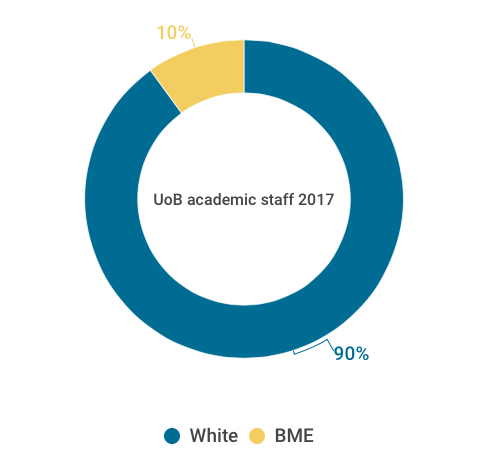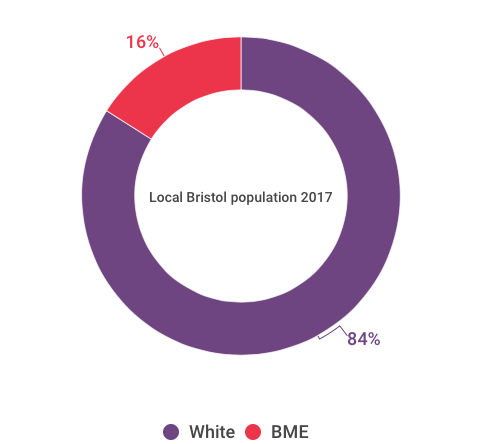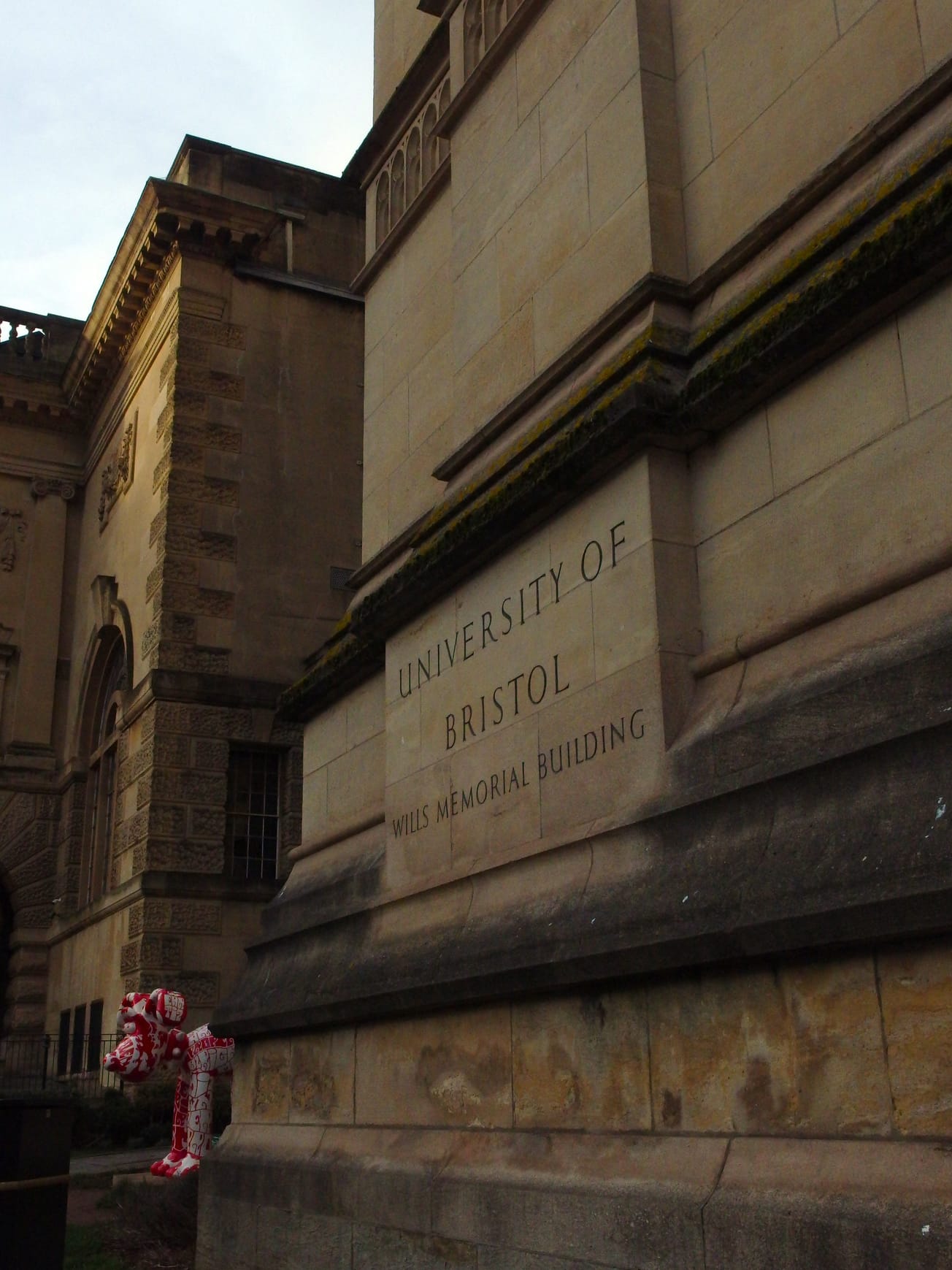By Zoë Crowther, Students’ Union Correspondent
A Common Cause Research collaboration has shown that the structures and funding of universities are unsustainable and risk widening inequality.
The report was based on 19 case studies which analysed the partnerships built by UK universities and their impact on diversity and intercommunity collaboration.
It highlights that ‘Research partnerships tend to emerge from existing social and institutional networks which exclude communities without strong social and cultural links into or paths to access individuals within universities.’
'It is important that arts and humanities research reflects the rich contribution made through the varied interests, histories, cultures and experiences of all in society.' - Keri Facer, Professor of Educational and Social Futures at the University of Bristol
Carried out by the Universities of Bristol and Liverpool, the Centre for Research in Race and Rights at the University of Nottingham, the Runnymede Trust and Xtend, the report identifies ‘The perception and reality of universities as white majority institutions lacking openness to ideas and expertise from outside the institution.’
The University of Bristol released its current inclusivity strategy in 2016, which declares that ‘Significant progress has been made in recent years; Bristol’s widening participation activities, and the research that underpins them, are recognised as sector-leading.’
Keri Facer, Professor of Educational and Social Futures at Bristol and Leadership Fellow for the AHRC/RCUK Connected Communities Programme, carries out research on the relationships between educational institutions and wider society.
She said ‘The arts and humanities are vital to understanding our society. It is important that arts and humanities research reflects the rich contribution made through the varied interests, histories, cultures and experiences of all in society. However, this research does not yet embrace the full diversity.’
Recommendations from the report include making active attempts to recruit staff from Black and Minority Ethnic backgrounds and long term research and funding partnerships with BME organisations.


It also suggests that the location of campuses and the location of BME cultural and community organisations should be considered carefully in order to meaningfully incorporate diversity into the university structure.
Common Cause Networks will be set up in Birmingham, Cardiff, Glasgow, Liverpool and Nottingham. Each network will offer peer support, expert speakers, case study presentations, and a safe space for BME people to discuss collaborative ideas and take action for change.
Our community networks are up and running! To find one in your area and for more info: https://t.co/2FQwmnJLV9 pic.twitter.com/ibm4u5OjfG
— CommonCause Research (@ccauseresearch) June 26, 2018
Featured Image: rawpixel / Unsplash
Let us know your thoughts on:









